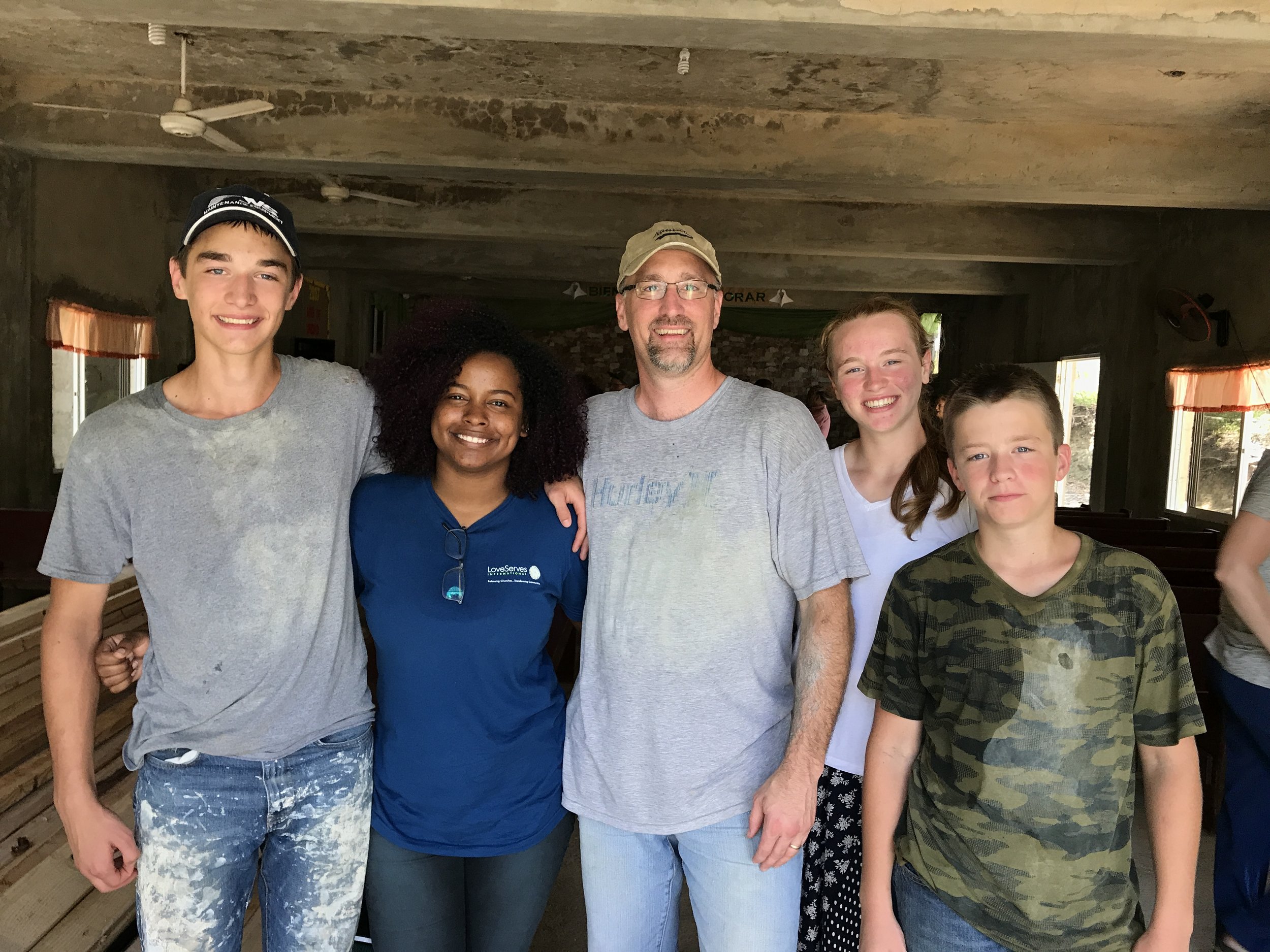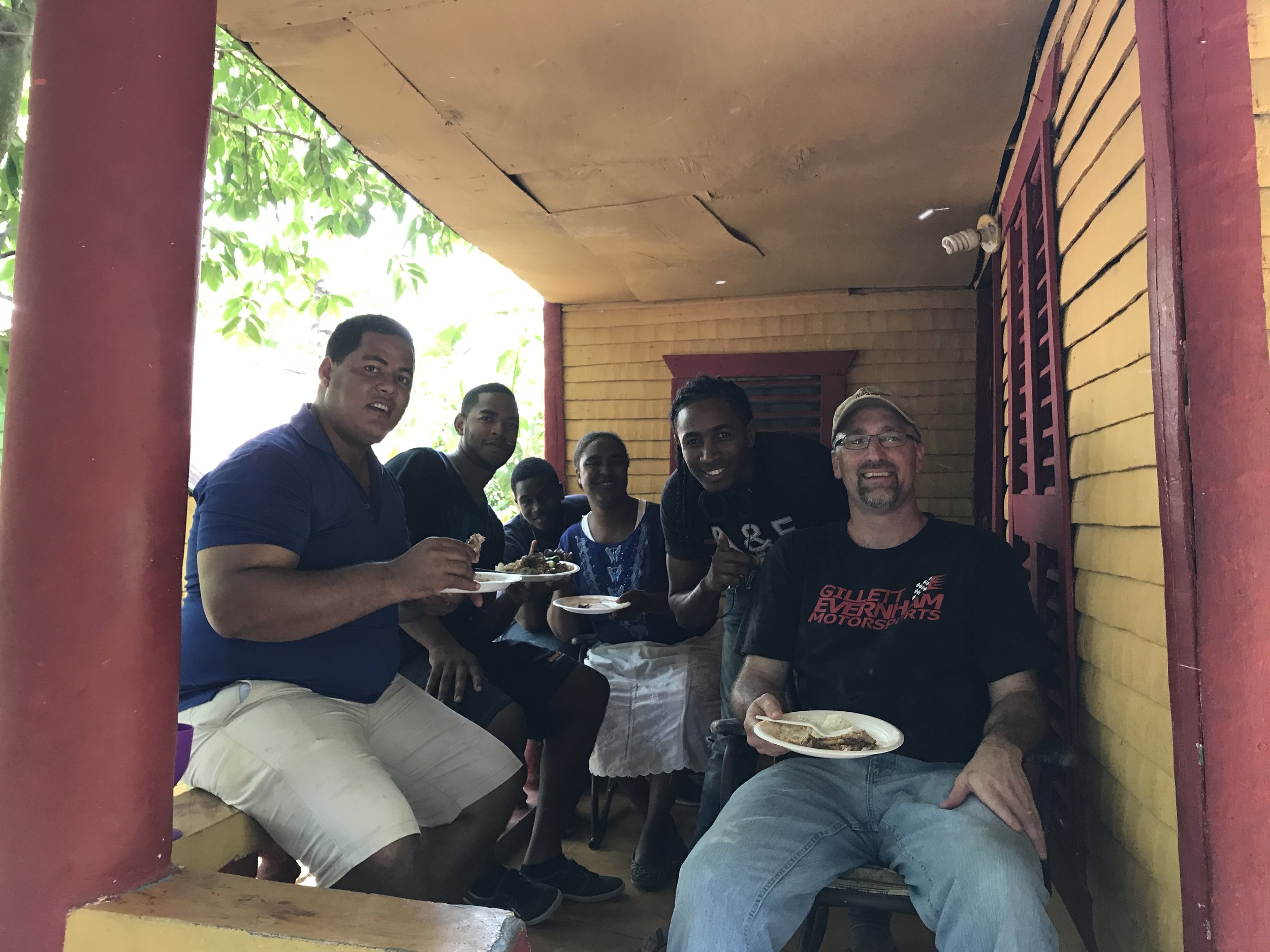But I have had enough of this. I have sputtered and bumped along in these rapids for too long, watching my life whiz by, watching my children grow up. God has given me a call and purpose for my family, and it is not being accomplished in this raging river of busyness!
So I desperately swim for the shore, not even sure I can break through the powerful currents. Drenched, coughing and exhausted, I crawl out onto the bank. And now I am asking myself, “What is this supposed to looks like? How do I build a different life?”
First, I must refocus on my purpose and mission as a follower of Jesus Christ. My purpose and mission is to love God, love people, and make disciples. This is not only the purpose and mission of each of us as believers, but of our families as well.
Next, in order to see what my life is supposed to look like, I reflect on my biblical responsibilities and priorities. I have come up with five areas of responsibility and priority. These are the ways that we can fulfill our purpose and mission in our families.
Relationships
Discipleship
Order and Work
Education
Ministry
Relationships
To be a family is to have relationships. To love others is to relate to them. How am I loving my wife and children? Am I treating them with kindness, patience and selflessness? Am I affirming and accepting them? What kind of relationships am I building with them? Are we making time to talk? Are we spending time together? Strong relationships are the foundation for the next category, discipleship.
Discipleship
To disciple others is to help them love God, love people and make disciples. This must be the ultimate goal of family because it is the ultimate goal of life. How am I helping my family to love God? How am I helping them to love others? How am I equipping them to know their own gifting, calling and personal ministry?
Order and Work
Loving God includes stewardship. All that we have is from God, and our responsibility is to care for what he has given us and use it to bless others. Stewardship requires work: cleaning, organizing and maintaining. Work is our contribution to the family and community and it is how we provide for our basic needs so that we are free to minister to others. A messy, chaotic home is not a place where discipleship, education or ministry can thrive.
Education
Education is the acquisition of knowledge and skill. These are tools for helping us accomplish our God given mission. Facilitating and leading our children in the acquisition of knowledge and skill is part of our responsibility as parents. Am I faithful in educating my children? Am I preparing them for a life of productivity and blessing to others?
Ministry
Ministry is the culmination of all that we have discussed so far. A spouse is a partner in ministry. A family is a ministry team. Are we joining God in his work to build his kingdom? Are our hearts beating with his for the nations? What are we doing as a family to express the love and truth of God to others? How much of our time is spent serving and entertaining ourselves? Are we intentionally giving our money, time and energy for ministry?
By faith I am rejecting the tyranny of the urgent. I will break the patterns of busyness and reactionism. Instead of focusing on what others expect from me, I will focus on what God desires for me. By faith I am choosing a life of peace and purpose for my family. In order to do this, I will make these five building blocks my priorities: relationships, discipleship, order and work, education and ministry. It may be a desperate swim to the shore, but God can help me make it. He can give me everything I need to live out his fantastic mission for my family.














